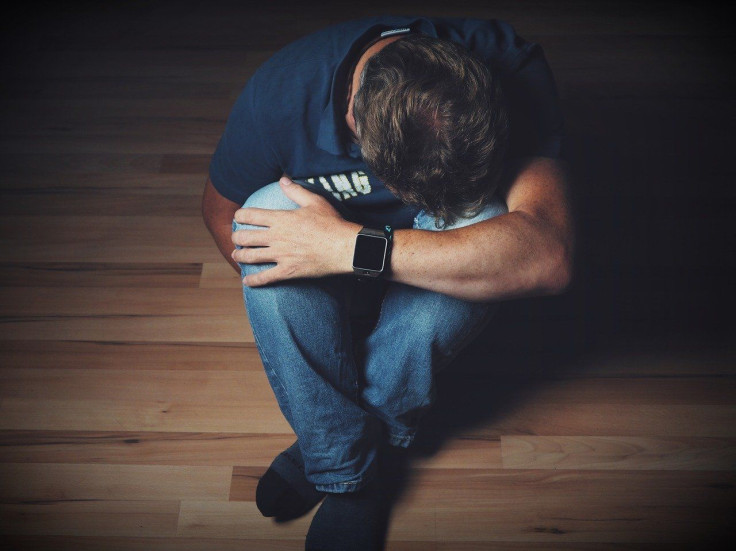Mental Health Poll Finds Young Adults Suffer From Depression And More Amid Pandemic
The COVID-19 pandemic has taken an emotional and mental toll on many young American adults, according to recent polls.
A poll released on April 23 by the Institute of Politics at Harvard Kennedy School found an increasing number of young adults have battled feelings of depression and hopelessness during the pandemic.
Data released by the Harvard Youth Poll of 2,513 Americans aged 18 to 29 found that 51% of the participants felt depressed, down, or hopeless. Their mental health battles caused 49% to overeat or have a poor appetite, 68% to feel as if they had little energy, 48% experienced concentration issues, and 28% noticed thoughts of self-harm.
Meanwhile, 52% found little pleasure in doing things, and 32% became notably more fidgety or moved very slowly.
Of those experiencing thoughts of self-harm, 35% were Black, 31% were whites without college experience, and 31% were Hispanic. Additionally, 38% of the people dealing with those feelings were young Americans not registered to vote, and 34% were rural Americans.
“There’s been this narrative that young people are spared a lot of the impact of Covid because they’re less likely to develop real severe physical complications,” said Ellen Burstein, a lead researcher of the poll. “But it’s taken a profound toll on their mental health.”
Over the last two weeks, 53% of college students admitted their mental health has been negatively affected due to problems with either school or work.
While the poll found that 29% of their mental health issues stemmed from self-image problems, 25% revealed they were affected by economic concerns, 28% were affected by social isolation, 21% were affected by politics, and 29% were affected by personal relationships.
“Young people have really experienced this crisis on all sorts of fronts. They’ve experienced severe disruptions to their education (for those that are currently in high school or college). Many young people are lower-wage workers, who have borne the brunt of many economic disruptions,” Burstein said.
“They’re worried about their friends. They’re worried about their families. They’re often cut off from their friends and family. And they’re worried about their futures in a very turbulent time for the country and the world. But it’s not just Covid.”
However, the poll did find that 22% revealed their mental health was negatively impacted by health concerns, and 34% were affected by the coronavirus.
The Harvard Youth Poll comes after a C.S. Mott Children’s Hospital National Poll on Children’s Health at the University of Michigan Medicine on March 15 showed that 46% of parents say their teen has shown signs of a new or worsening mental health condition since March 2020.
Older Americans have also faced negative effects from the pandemic. A University of Michigan National Poll on Healthy Aging showed that "nearly one in five older adults [between the ages of 50 and 80] say their mental health has gotten worse since the pandemic began in March 2020, and an equal percentage say their sleep has suffered."
In February, the Centers for Disease and Prevention reported that over 40% of Latino adults had symptoms of depression during the pandemic, while the same was true for 25% of white non-Hispanics.

© Copyright IBTimes 2024. All rights reserved.






















